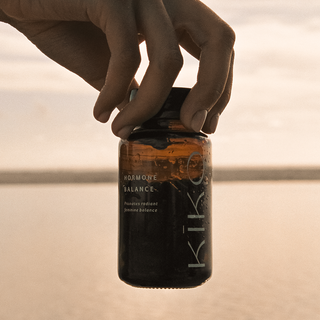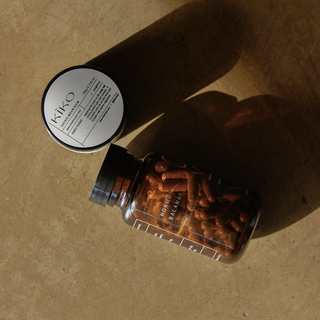
Stress can be both good and bad but when it comes to periods the latter prevails. Good stress lets you focus your energy on things and enhances performance. Bad stress is horrendous and takes a toll on your well-being. Stress or chronic stress can have a huge impact on your periods.
Stress might cause your periods to become heavier, delay them, or cease entirely. When you’re stressed, the last thing you want to think about is late or missed periods. Stress disrupts your menstrual cycle by generating hormonal imbalance.
As stress levels rise, the hormones that contribute to menstruation go rogue, resulting in hormonal imbalance.

How does stress affect your menstrual cycle?
When you are stressed, the stress hormone cortisol is released, and that’s the hormone that causes you to have late periods. When cortisol is released prior to the menstrual cycle, it is likely to cause delayed, mild, or no periods at all.
The hypothalamus is a region of the brain that regulates periods. The hypothalamus is sensitive to stress and does not respond when cortisol levels rise. When functioning properly, the hypothalamus releases chemicals that trigger the pituitary gland, which stimulates the ovary to generate period-inducing hormones such as estrogen and progesterone.
The hypothalamus is responsible for the secretion of estrogen and progesterone. Stress suppresses the hypothalamus’s ability to transfer chemicals to the pituitary gland, which regulates the adrenal glands, and the adrenal glands control the ovaries.
When stress disrupts the hypothalamus, the ovaries become dysfunctional because the release of hormones that stimulate the pituitary gland doesn’t take place. This will result in issues with estrogen production, resulting in missed periods.
Amenorrhea, which occurs when one misses one or more periods, is a severe case. If stress causes a missed menstrual period or amenorrhea, there are options. The following section discusses solutions.
How to bring back your periods
A menstrual cycle is considered to begin on the first day of a period. The average cycle is 28 days long; however, a cycle can range in length from 21 days to about 35 day, which is normal for a South African woman. If this is not the case, your periods may have been delayed or stopped. You can restore your periods by doing the following:
De-stressing

De-stressing is a procedure that you will go through while lowering your cortisol level. The process of de-stressing requires self-discipline. It is important to work on your mindset before going on the de-stressing path. You can de-stress by doing the following:
- Exercising;
- Meditation;
- Have a quality sleep;
- Eating well; and
- Having moments of laughter.
It may appear simple to de-stress, but it requires a high level of emotional intelligence to do. Considering that stress is unique to each individual, one remedy will not work for everyone. Listen to your body to determine the optimal cortisol-inducing treatment for you.
Hormonal Imbalance supplements

Hormonal Imbalance supplements like Kiko Vital Hormone Balancing Capsule can help reduce cortisol levels since they contain coleus forskolin, which cures underactive thyroid, and ashwagandha, which is well-known for its ability to lower cortisol levels. These supplements are becoming increasingly popular since they provide all-in-one PMS and menstruation remedies.
Seeing a therapist
Someone who is under a lot of stress may find it helpful to speak with a therapist. Therapy can assist in the selection of prescription medications like Prozac, an anti-anxiety medicine. Stress and anxiety medications help you manage your symptoms and return to normalcy by reducing stress and anxiety.
Conclusion
Whenever possible, try to keep yourself stress-free. If this is the case, try one of the self-help techniques listed above, or seek professional assistance to lower your stress.




